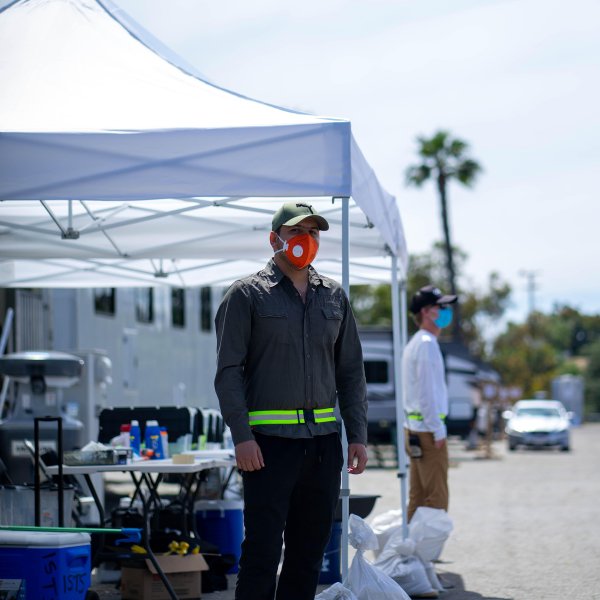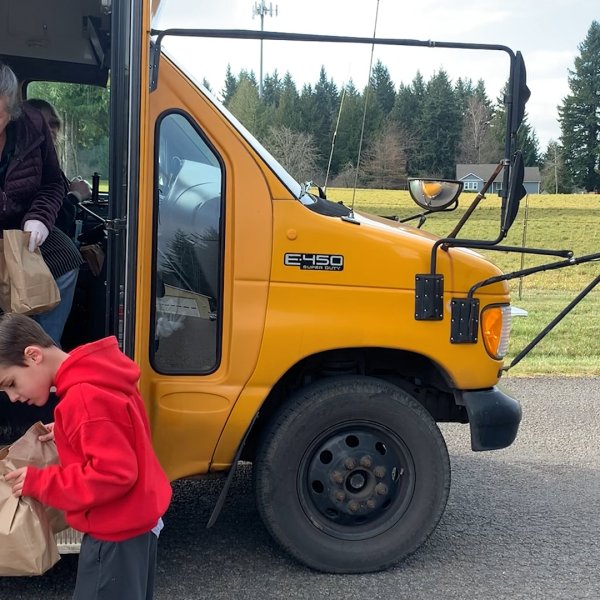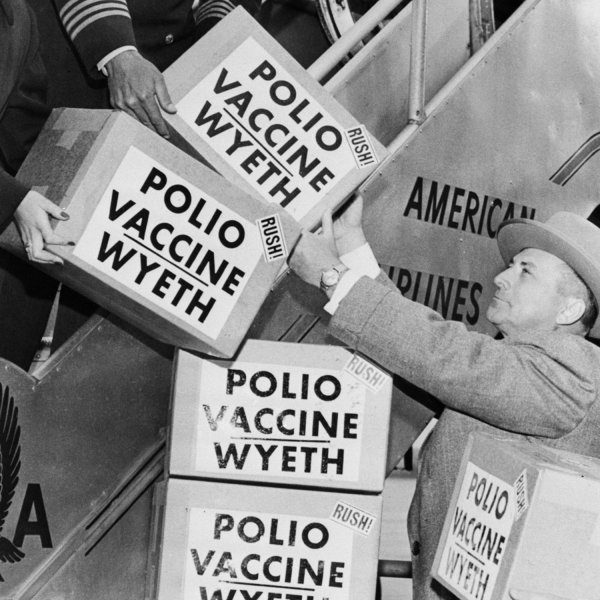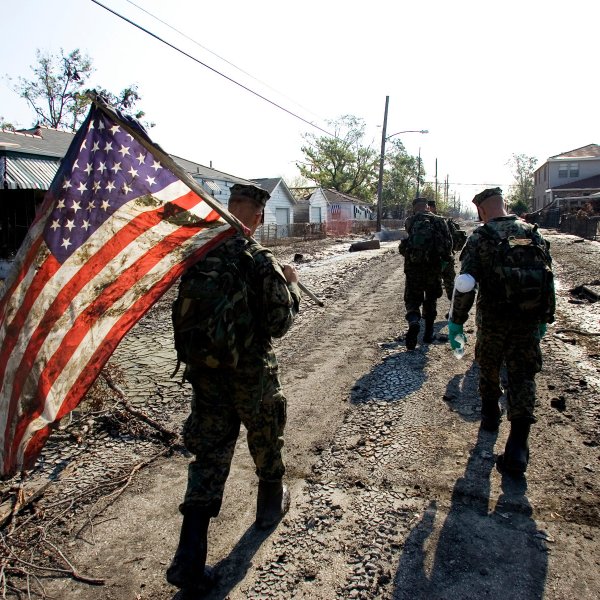Chris Evans
Seeking straight talk from elected officials
A few years ago, actor Chris Evans was watching pundits debate, when he realized that he—someone who’s passionate and outspoken about politics, particularly on social media—didn’t actually know that much about the policy being discussed. “When I went to try and educate myself a bit,” he says, “I thought it was shockingly difficult to find a simple way in.” What he realized he wanted was straightforward and not necessarily journalism: a place to hear directly from elected officials on what they believe about different subjects—not mediated through think pieces or filtered by talking heads on cable news. He tapped a friend, actor and director Mark Kassen, to develop it with him; they brought in Joe Kiani, a tech entrepreneur who was well networked in Washington. Together, the three fleshed out their vision for a hub where politicians could speak, in brief videos, about where they stood on issues from immigration to trade. “When you have a democracy,” says Kiani, “you need an engaged, knowledgeable citizenry.” They called their site A Starting Point.
If only it were that simple. Evans is the first to admit it was an uphill battle to earn the trust of politicians in D.C., who knew him best as Captain America, not as someone trying to change the way Americans formed opinions about policy. To that end, whether users who have become increasingly siloed in echo chambers of confirmation bias will want to hear from polarized politicians at all remains to be seen. A planned unveiling at South by Southwest was derailed after the conference was canceled because of the COVID-19 pandemic; now, they’re regrouping on a launch date as the world moves into an unprecedented era. But with more Americans staying home and looking for clear information about where their elected officials stand on issues like health care reform that have immediate and urgent consequences, there may be more need than ever for a site like this—though Evans resists the suggestion that the current crisis could be advantageous for his project. “I will say that when things like this happen, people just long for functional, effective government,” Evans says. “In times of crisis, we crave efficacy. Then, once it’s passed, we look for accountability.”
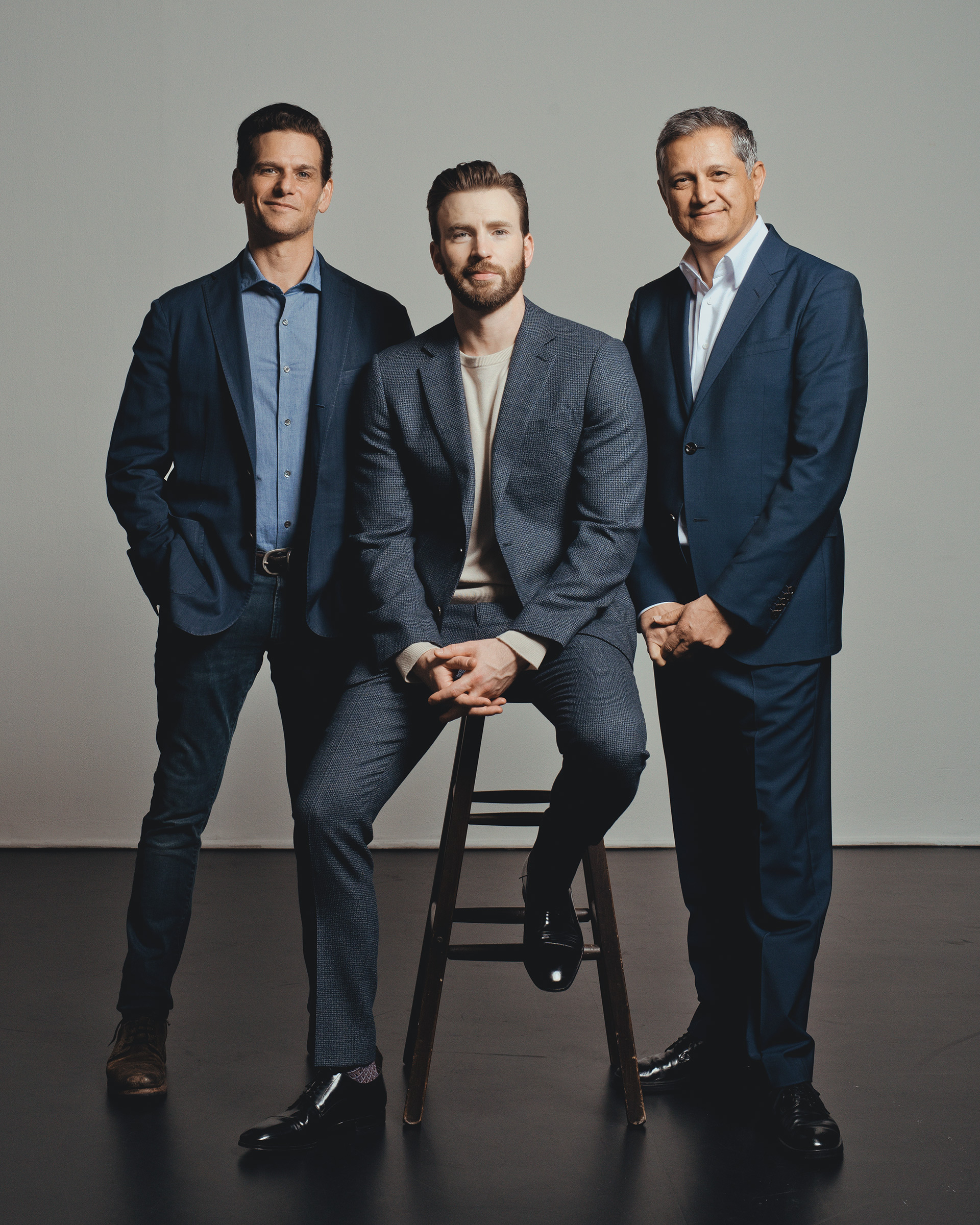
When A Starting Point launches later this year, users will discover that it is a well-organized inventory of information untangling arcane issues in plain language. The utility of a project like this is clear, especially amid a public-health crisis with a critical election looming. Evans hopes it helps inform: “I’ve been guilty of participating in political debates where I didn’t have all the information,” he says. And after working through so many challenges—like implementation of exhaustive fact-checking standards, working with politicians who were reticent to answer sensitive questions, and concerns that the site would become a means to propagandize—he’s now sanguine about its eventual prospects. “In three months, I could look back at this endeavor and realize I had incredible moral and cultural blind spots,” he says. “But right now it feels like a pretty decent step in the right direction. All we can do is try to increase knowledge and understanding of how government works, and who the people are in power, and what policies they’re writing.” For Evans, it’s a fitting pivot: right now, Americans may not need a superhero—they just need answers. —Sam Lansky
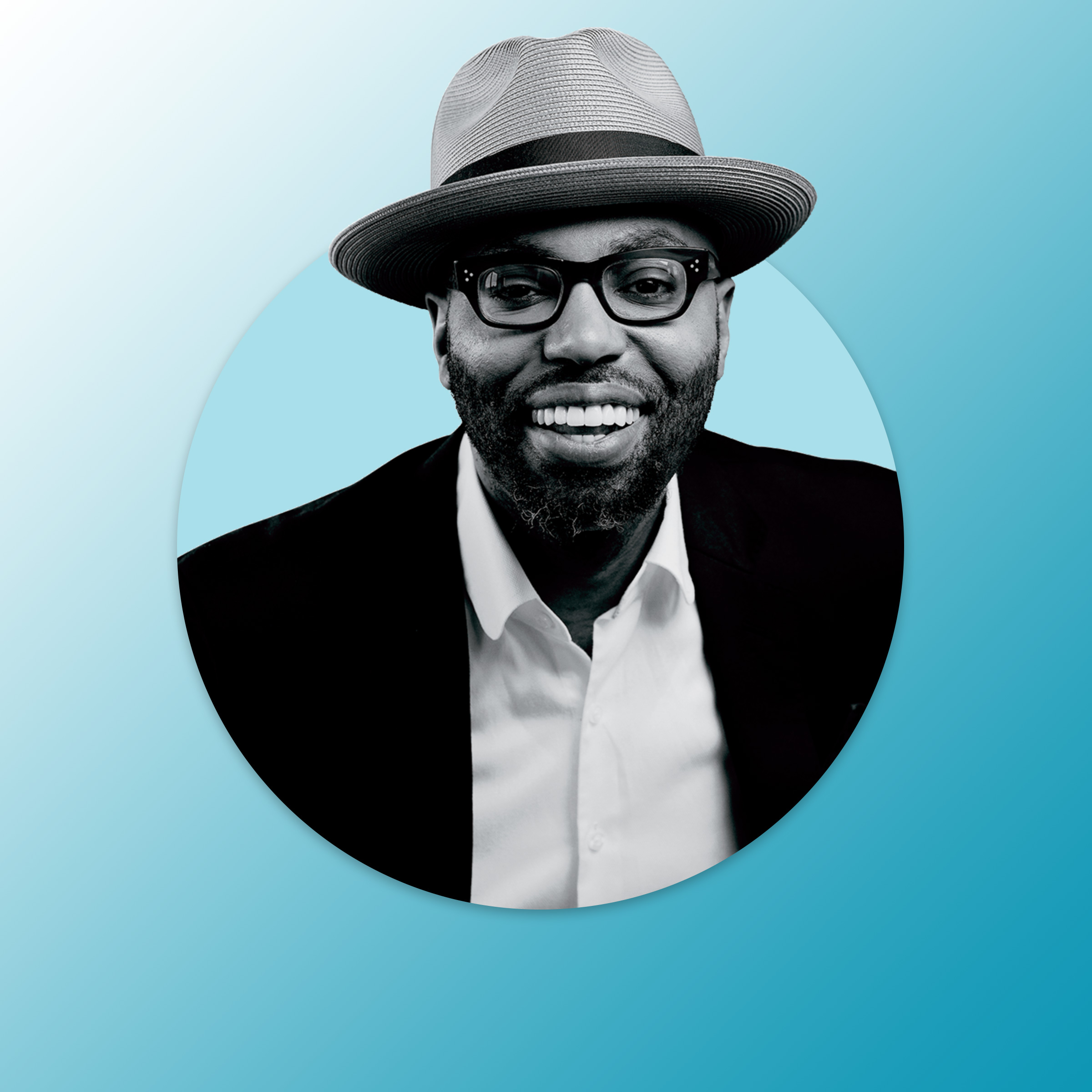
Christopher Emdin
Teaching teachers
Christopher Emdin believes hip-hop can make better teachers. “It’s about telling stories,” he says. Emdin, an associate professor at Columbia University’s Teachers College, has spent more than a decade working to bridge the cultural divide between teachers and students, especially when the teaching workforce fails to reflect student diversity. The author of For White Folks Who Teach in the Hood … and the Rest of Y’all Too, Emdin, 41, wants teachers to engage with students “on their own cultural turf,” and he launched the #HipHopEd initiative to get teachers to incorporate hip-hop into their lessons. The goal is to transform how teachers engage with young people and how students engage with their educations as a result. “The system, as it exists, just doesn’t do well for a vast majority of young people,” he says. “We just have to change it.” —Katie Reilly
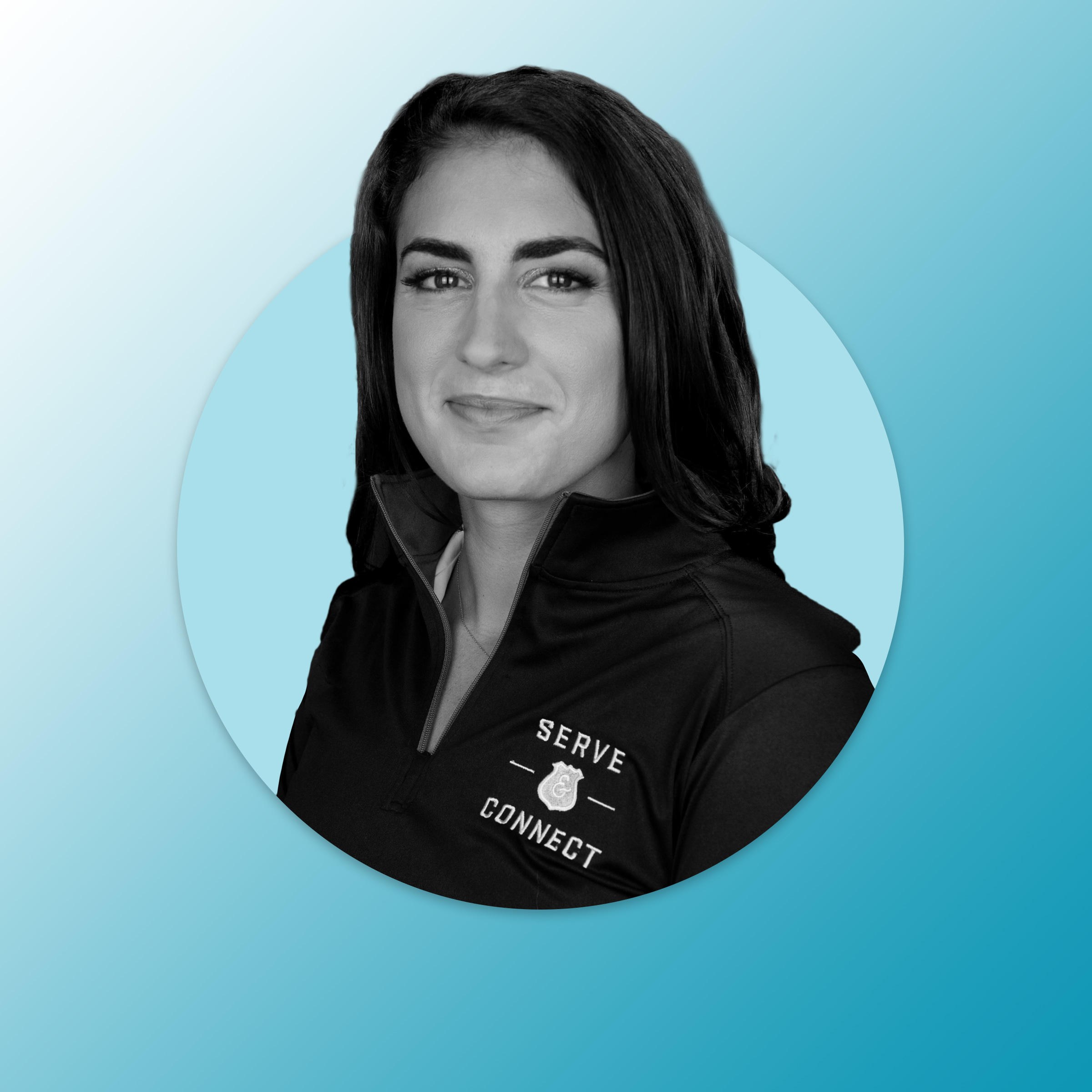
Kassy Alia Ray
Civic duty
Grief makes many people turn inward. Others, like Kassy Alia Ray, 32, use their pain to open up. Ray’s late husband Greg Alia was a police officer killed in the line of duty in 2015 in Columbia, S.C. At the time, debates about police brutality dominated headlines. Ray, a community psychologist, decided to work on easing the tension that can be fatal to both officers and those they’re meant to protect. Since 2018, her nonprofit Serve & Connect has done the complex work of building trust between the two groups—for example, outfitting officers with some 40,000 meals to give to food-insecure families they encounter on the job. “Issues like hunger and poverty and trauma are really at the root of a lot of things,” she says. —Katy Steinmetz
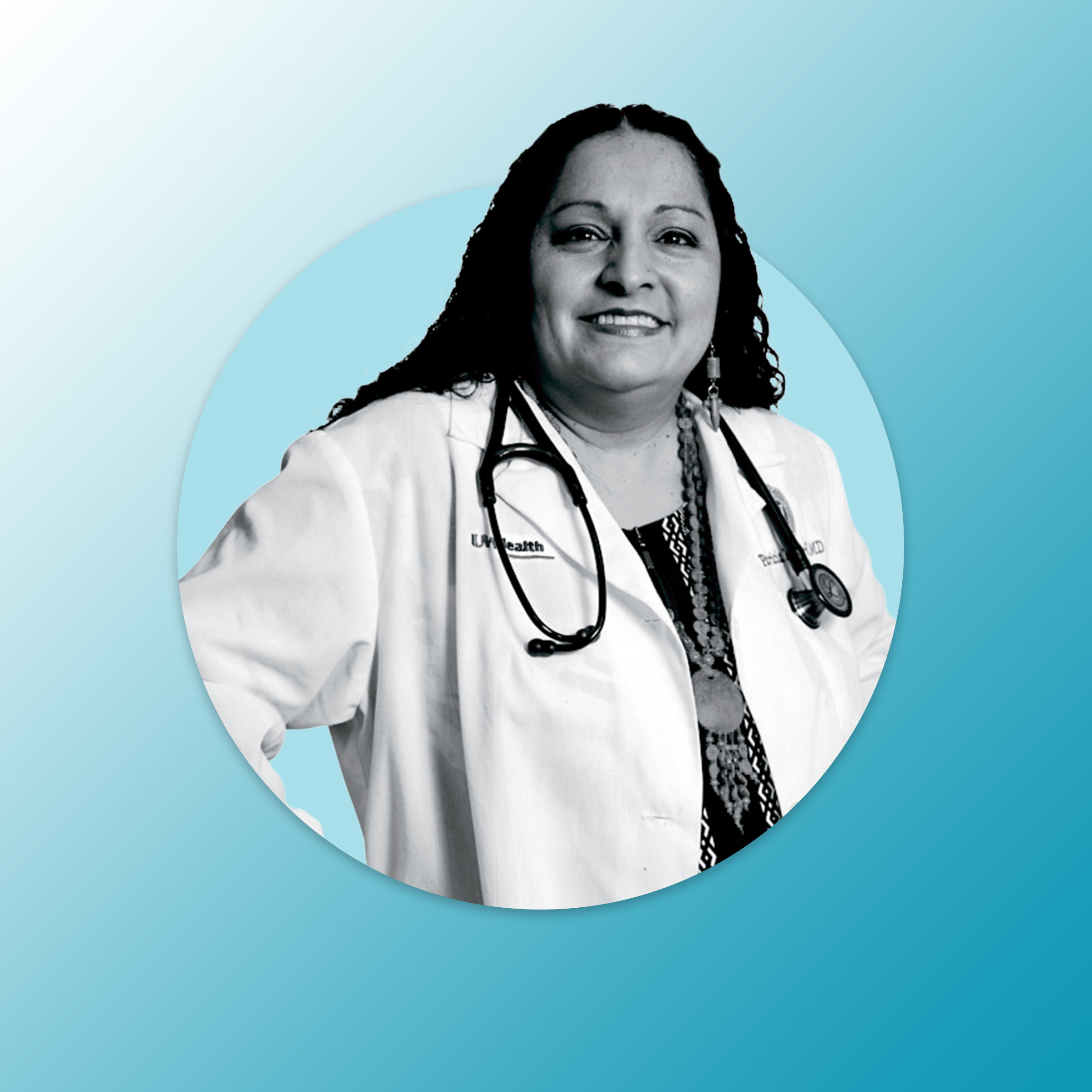
Patricia Téllez-Girón
Medical messenger
On a recent Monday, Dr. Patricia Téllez-Girón, 51, answered questions on a radio show about the coronavirus in Spanish for the Latinx audience of Madison, Wis. The segment had been scheduled to last two hours, but for members of the concerned audience, the chance to hear from a professional in their own community in their own language was particularly valuable—and so the show went on an additional hour. It was one of many efforts by Téllez-Girón to educate and protect the community from COVID-19.
Téllez-Girón, a physician in Madison and an associate professor at the University of Wisconsin Department of Family Medicine and Community Health, has played an active role in community organizing efforts ever since she moved to Madison in 1993 from Mexico City. She has now co-chaired the Latino Health Council there for 20 years and mentors young aspiring Latinx medical professionals. And to her, a crisis like the coronavirus outbreak highlights the vulnerability of the Latinx community of Dane County, Wisconsin. Immigration status, high poverty rates, large households and employment in the types of jobs that can’t be done from home all put people at risk. It can be hard to find reliable public-health information in Spanish even at the best of times; right now, bridging the divide between Spanish-speaking people and the U.S. public-health system is a matter of life and death.
“Very few organizations were actually keeping an eye on our community,” Téllez-Girón says. “That’s why, as usual, when something like [COVID-19] happens, the Latinx community leadership right away starts organizing. We don’t wait for others to come and help us. However, we really want others to be aware that we are here.”
So, together with the Latino Consortium for Action and other groups in the community, Téllez-Girón is helping to lead the Latinx charge against COVID-19. “This is just the beginning,” she says. “We’re sending a very strong message to the community that we are here, we need help and we need to work together.” —Jasmine Aguilera
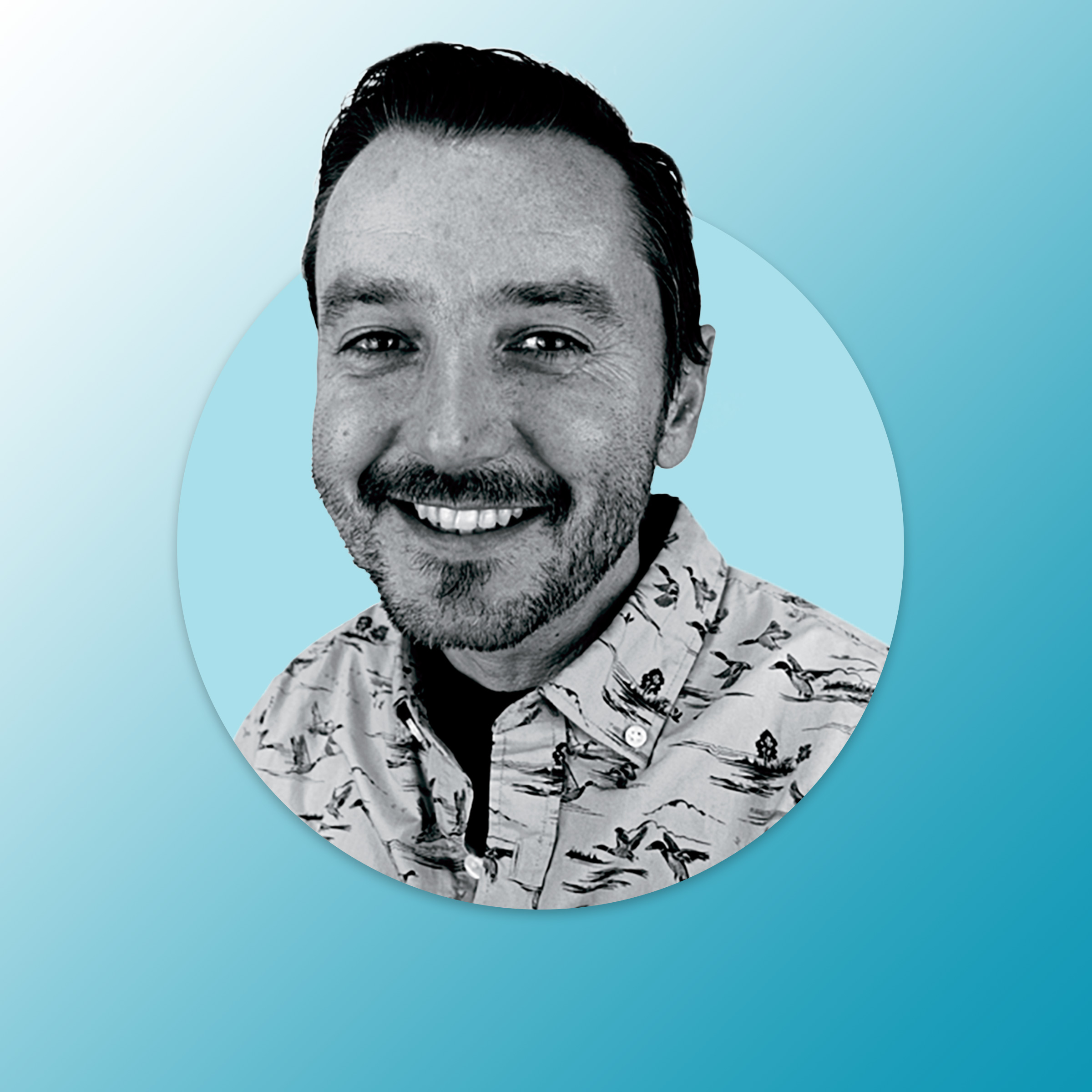
Jason Macoviak
Beyond books
Picture a library. Is someone telling you to shush? When Jason Macoviak became manager of Copper Queen Library in Bisbee, Ariz., the first thing he did was get rid of “all of that.” Macoviak, 45, and his team redid the layout of the building to create a “community living room,” encouraging patrons to talk and “get to know their neighbor.” His team also revamped part of an abandoned middle school into a public space that teaches literacy to children and adults. Called the San Jose Annex, it opened in 2018 with the help of the whole community: a local nonprofit designed the layout; the high school shop class built shelving; volunteers help keep it running. In 2019, Copper Queen Library was awarded Best Small Library in America by Library Journal. “Because we’re small,” Macoviak says, “we know everyone. —Madeleine Carlisle
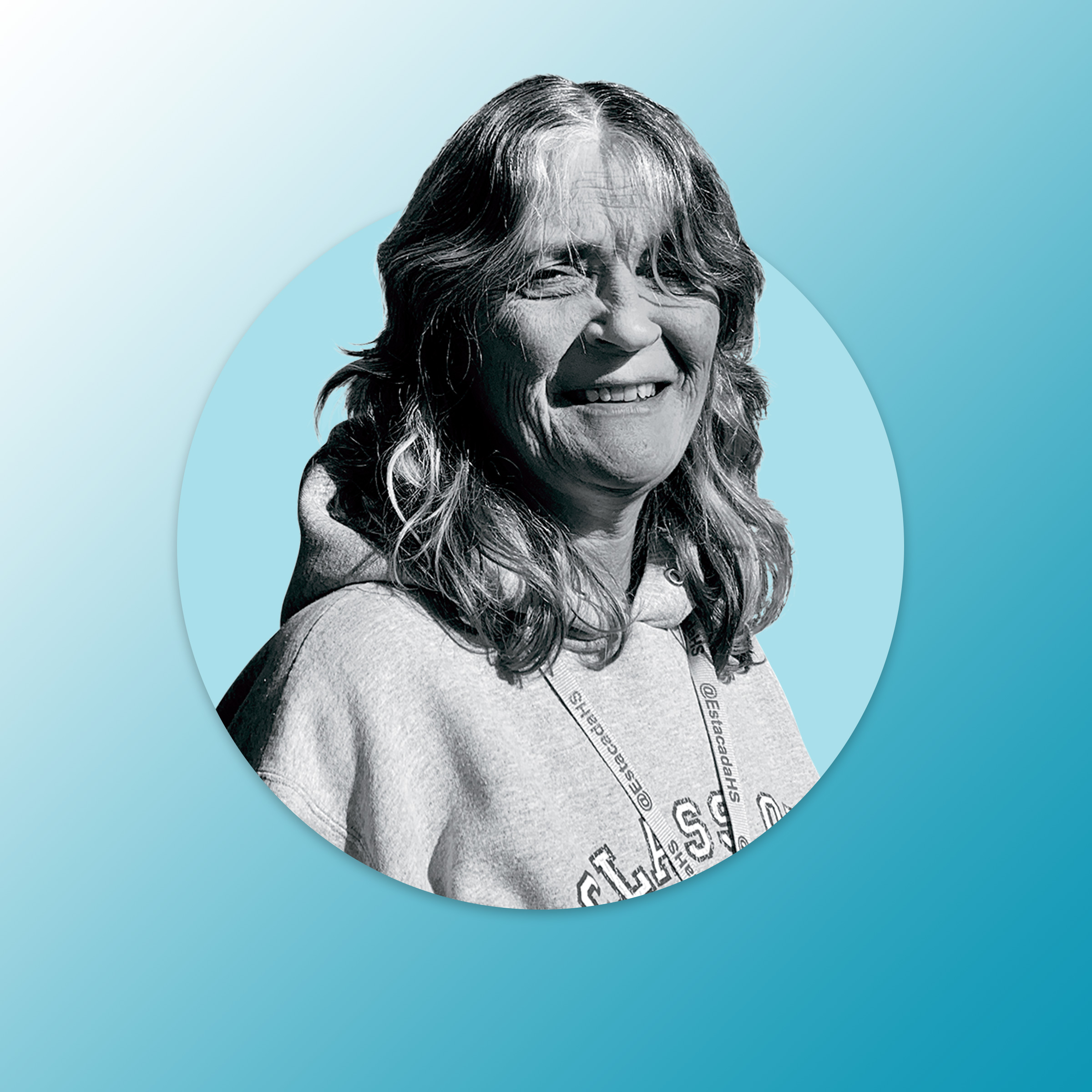
Jody White
Delivering normalcy
As the coronavirus outbreak has shut down schools across the country, it has complicated the lives of families who rely on the facilities for meals. Some school districts in states like Oregon, South Carolina and Georgia are trying to make sure these meals get delivered to students—and Jody White, 56, a bus driver in Estacada, Ore., is one of many nationwide who are staying on the road despite closures to make sure students on free and reduced-price lunch plans still get fed. “I’m pretty sure they look forward to it because when we pull up they’re all smiles,” White says. “This, right now, what we’re going through, is not the norm for [kids], and so when they see a bus pull up, that’s the norm for them,” she says. “It helps them a little bit, I hope.” She has some evidence it’s working: she’s been inundated with thank-you cards “from almost every stop.” —Sanya Mansoor
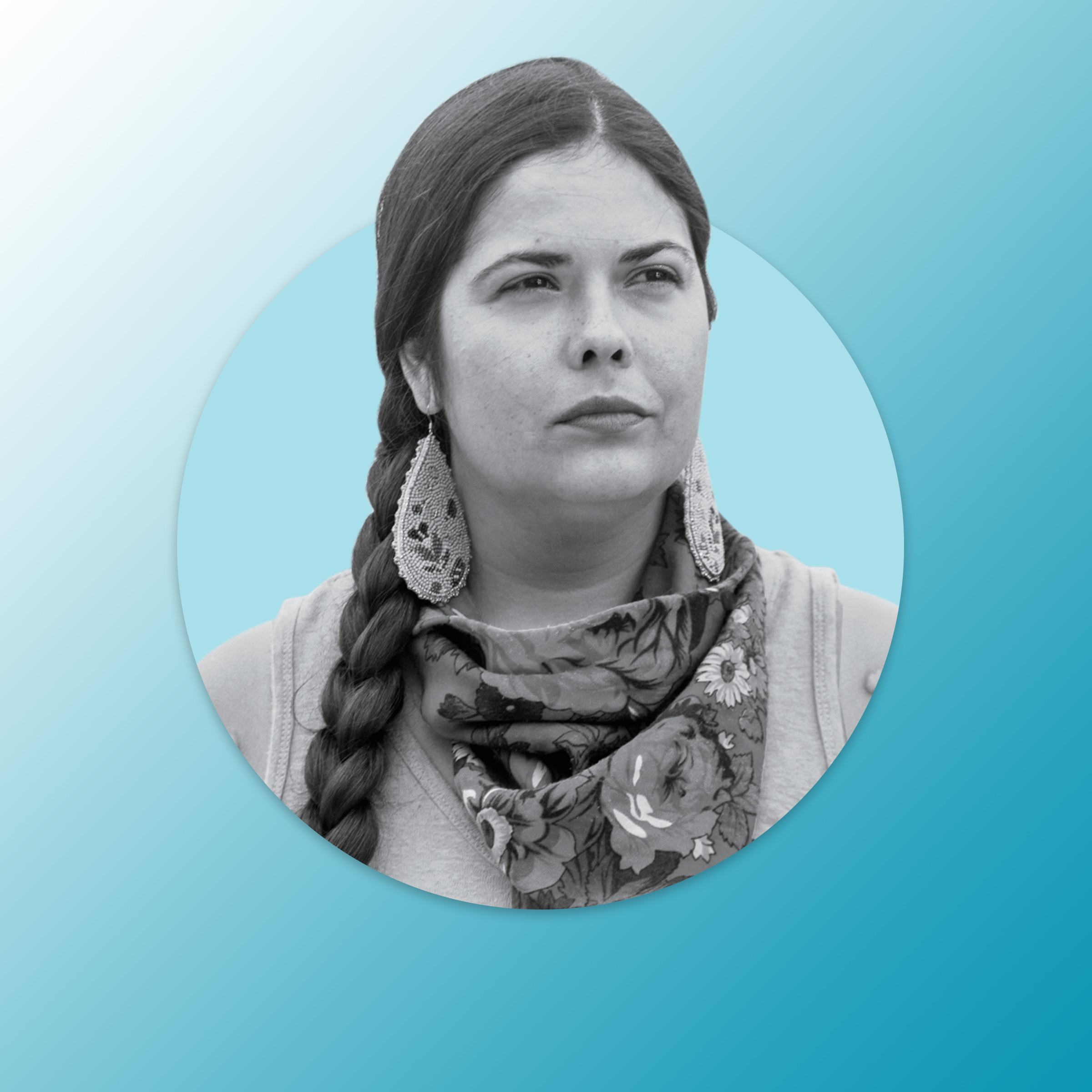
Tara Houska
A link between worlds
When bankers and oil-company execs hear a Native American perspective on infrastructure projects affecting tribal lands, the person they often hear from is Tara Houska, 35, an Ojibwe lawyer and environmental activist. “I’m trying to be a bridge between those two different worlds,” she says.
Houska gained prominence during the 2016–2017 protests against the Dakota Access Pipeline (DAPL) for calling on banks to divest from the pipeline and documenting inhumane treatment of protesters supporting the Standing Rock Sioux Tribe. In March 2017, she was part of a delegation of indigenous women who briefed officials from Norway’s $1 trillion oil fund. That same month, the fund divested from DAPL, and that fall, it announced it was considering dumping its oil stocks. While the eventual sell-off was smaller than activists hoped, it represented a shift in awareness—and Houska says that since then, banks seem more aware that indigenous-led movements can have a real impact on their bottom line.
Nowadays, she’s focused on a pipeline closer to her Minnesota home: the proposed expansion of Line 3, which could threaten the Anishinaabe territory’s wild-rice production. She lives near the proposed route on an indigenous women-led camp she founded called the Giniw Collective. There, she juggles grant writing and calls from policymakers with looking for firewood, hunting and fishing. At a time of crisis in the U.S. and abroad, she says, that connection between tribal and nontribal life is more important than ever: “I hope the original peoples of the land are looked to for wisdom about how to be resilient.”—Olivia B. Waxman
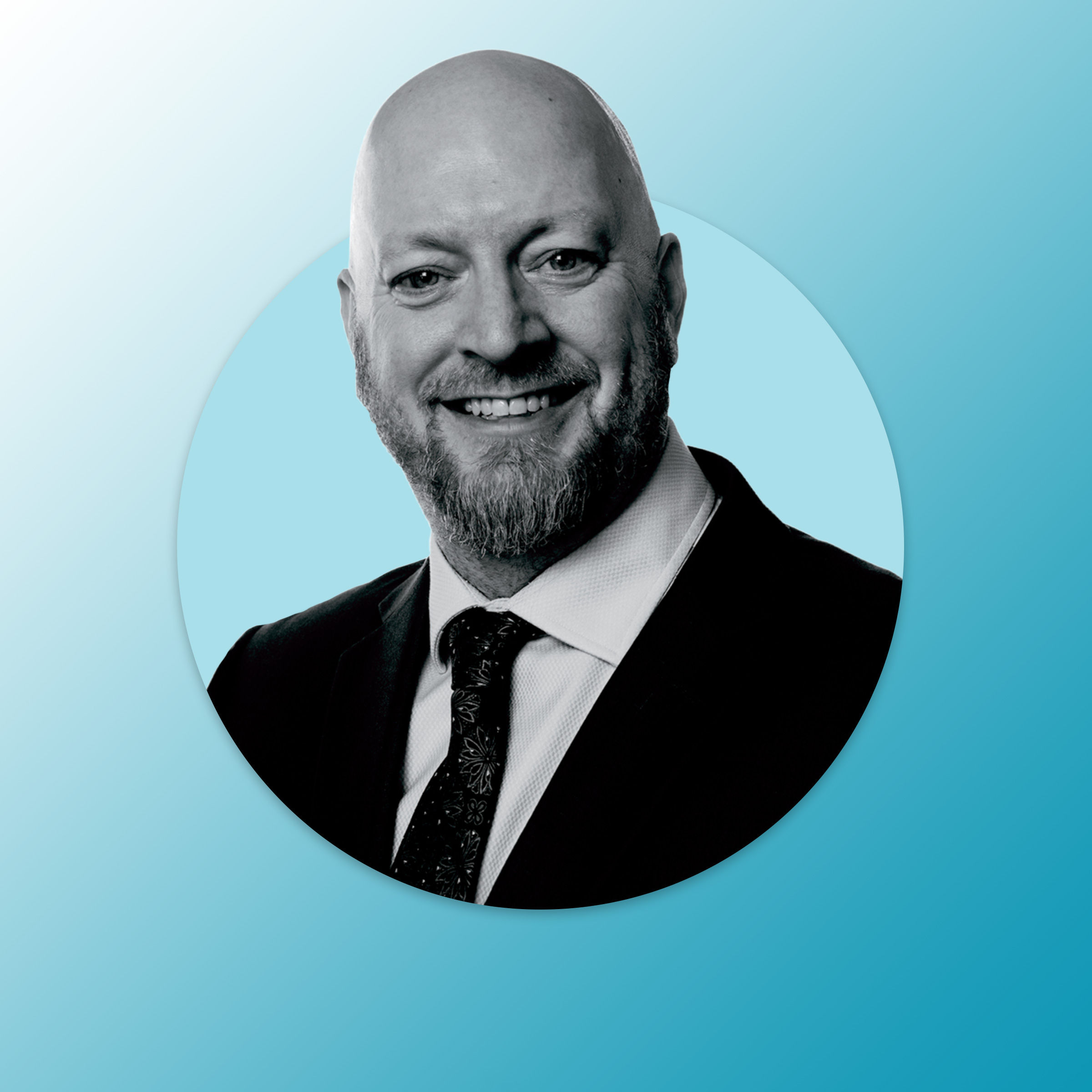
Tim Boyle
Running strong
When Tim Boyle quit smoking in 2013, he decided to take up running—but staying motivated was tough, especially during winter in his hometown of Fargo, N.D. That is, until he heard that one way to overcome a disinclination to run is to remember those who would love to run but can’t. Boyle, 48, posted about this on Facebook, and his friend Michael Wasserman, who has Down syndrome and hip dysplasia, said Boyle could run for him anytime. This exchange evolved into I Run 4, an organization that has matched some 17,000 runners with “buddies” who cannot run or have difficulty doing so; some of the pairs have ended up traveling halfway around the world to meet. “Both people are getting inspiration out of it,” Boyle says. —K.S.
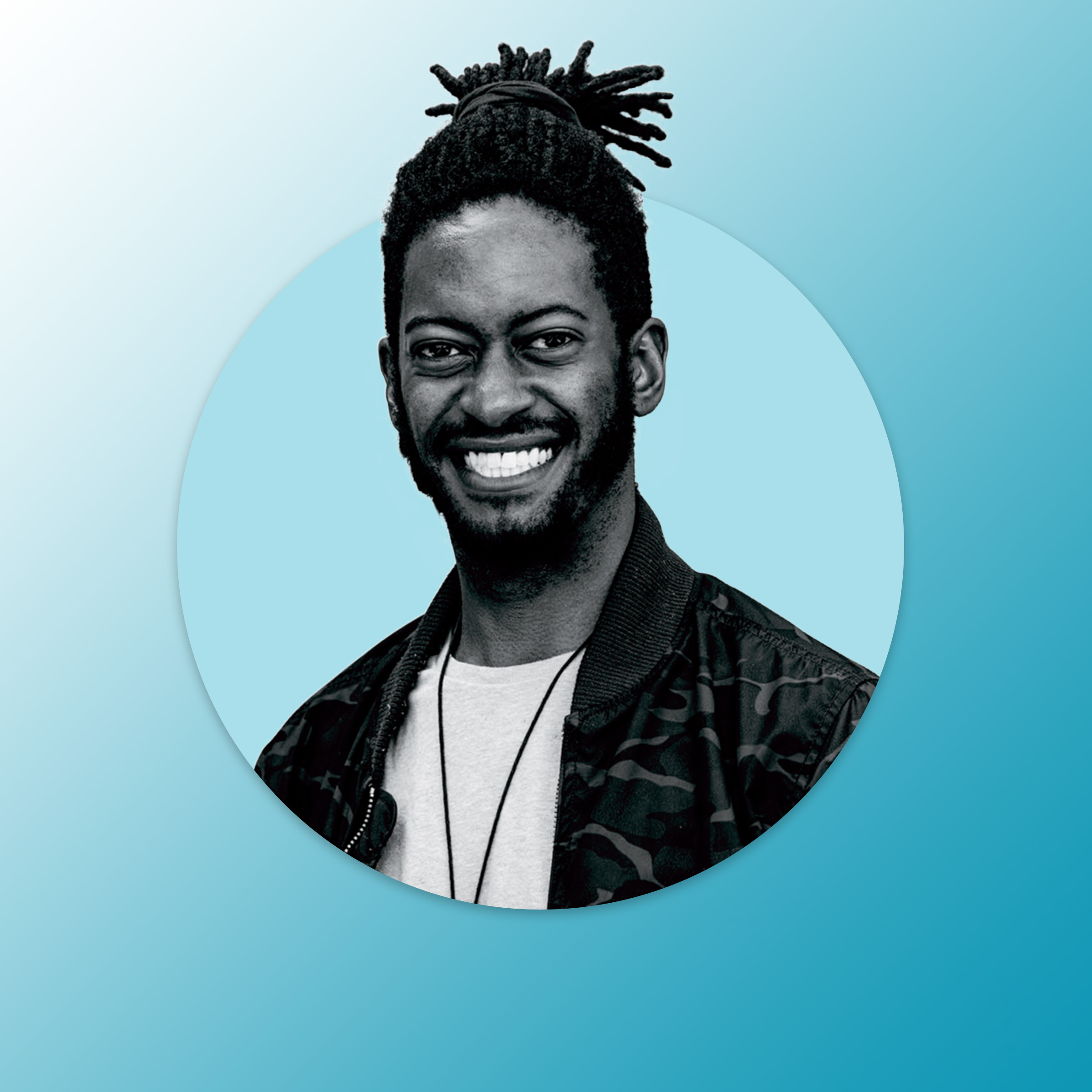
Jamiah Hargins
Growing together
Jamiah Hargins, a recruiter who lives in Los Angeles, started gardening in his backyard a few years ago and soon found himself with a big enough harvest to give food away to people who live on his street. It created a lighter mood, he says. He then turned to social networks to see if other gardeners had crops they’d like to trade. About 15 people came to the first meetup he organized, then 20, then 30. Now in its second year, the gathering has become an organization known as Crop Swap LA. Gardeners meet up monthly to exchange items like grapes and corn, but Hargins, 35, has also started dreaming bigger, talking about turning rooftops and yards across L.A. into yet more sources of local food. —K.S.
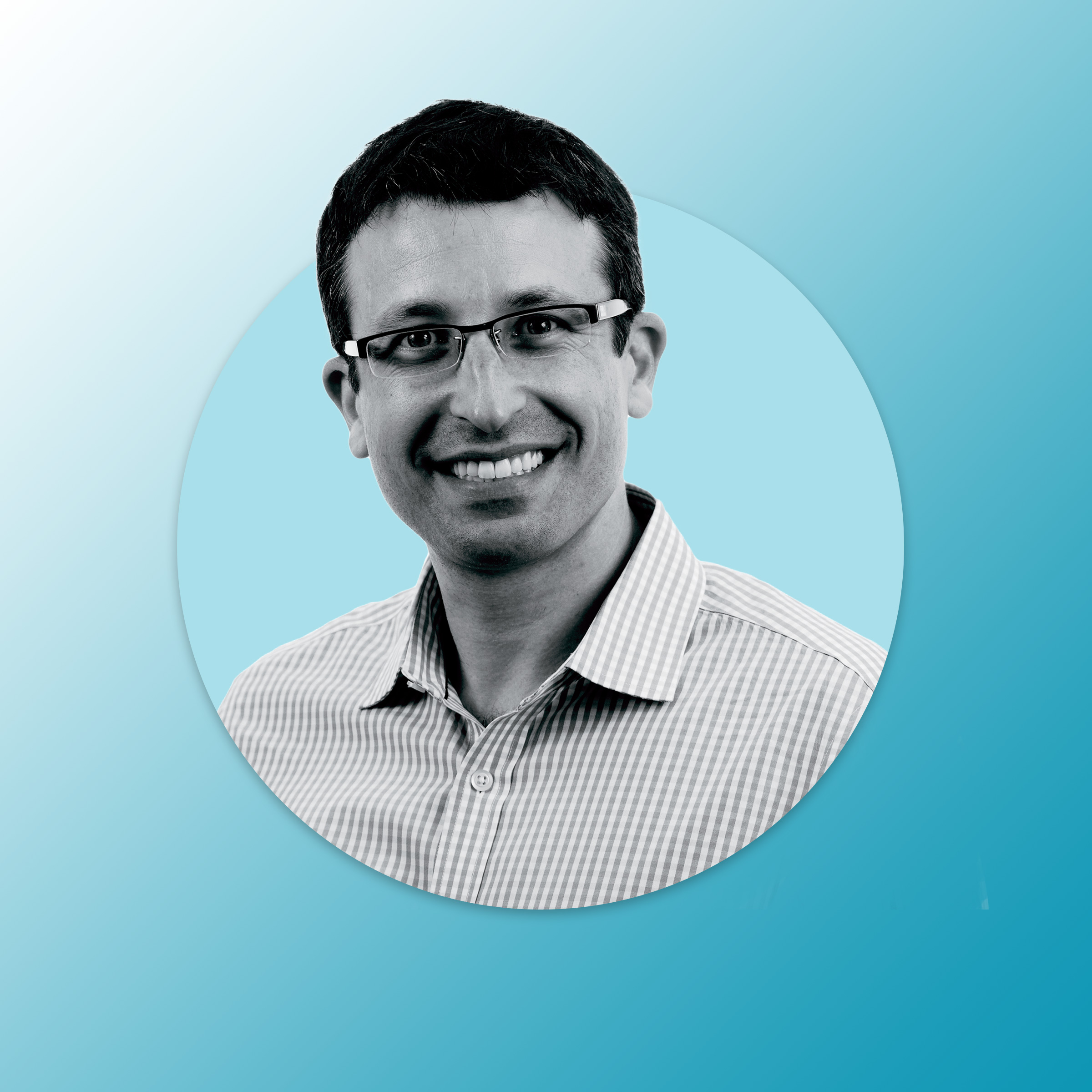
Joseph Bubman
Common ground
It’s possible to wonder whether roads still run between the small towns and farms that constitute one America and the suburbs and cities that make up another. “There’s been a real sorting,” says Joseph Bubman, executive director of Urban Rural Action, a nonprofit devoted to bridging this divide in U.S. politics and society. The group picks two places about 100 miles apart—the flagship pairing is Adams County, Pennsylvania, and Philadelphia—and searches for common ground on an issue that matters in both. In one session, small-town gun-shop owners sat down with urban violence-prevention activists. The goal there wasn’t consensus, Bubman says, but “an openness toward collaboration.” Urban Rural Action has late-summer events planned in Gettysburg, Pa., Hagerstown, Md., and Claremont, N.H. Bubman says, “We very much intend to work in 50 states.” —Karl Vick
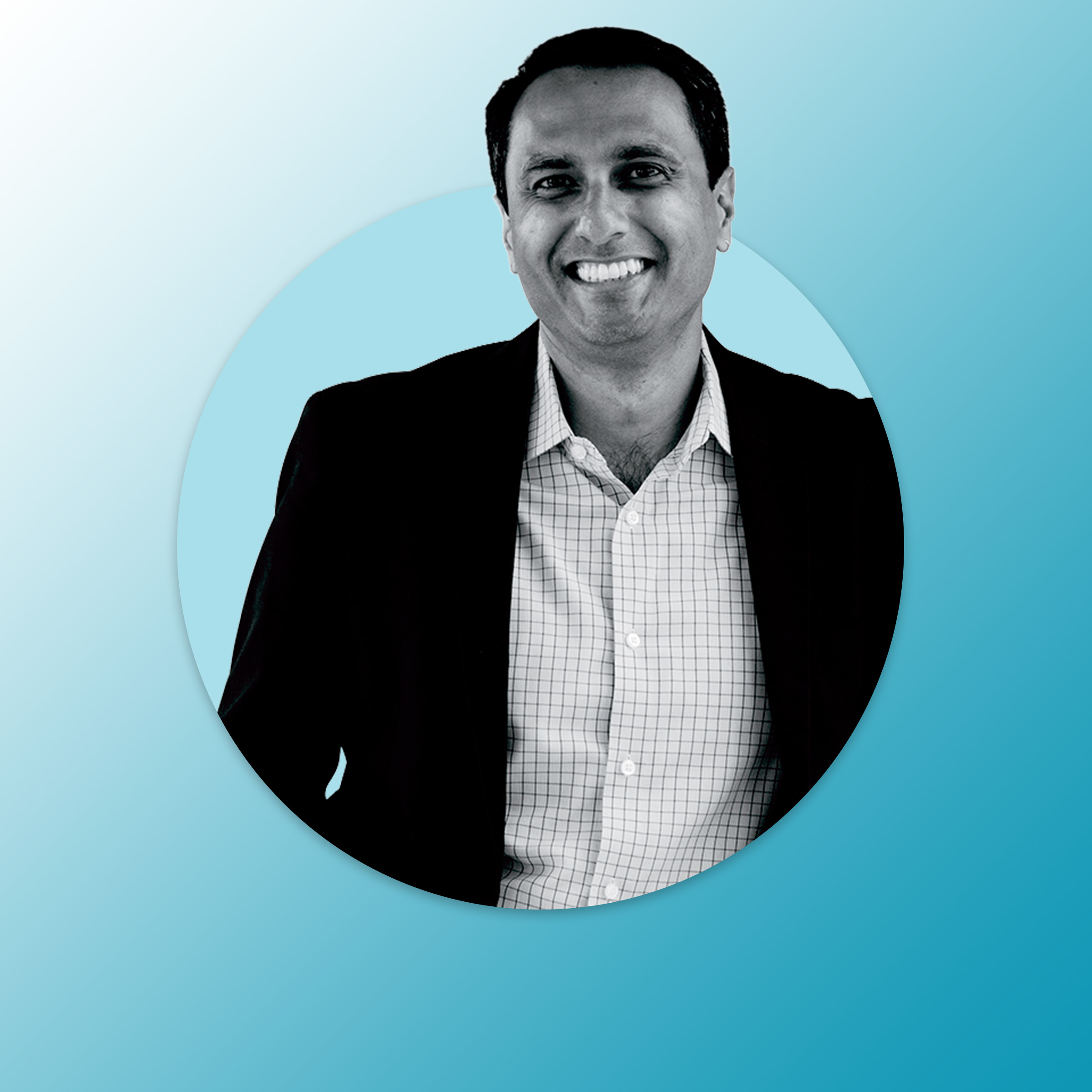
Eboo Patel
Belief in each other
In a crisis, Eboo Patel points out, we care less about what others believe and more about how they work together. That idea is the seed of the Interfaith Youth Core (IFYC), his Chicago-based nonprofit. On over 500 college campuses, IFYC brings people of different faiths together, shaping leaders who listen to all sides. “I like to say that diversity is not just the differences you like,” says Patel, 44. “We fully acknowledge that people have very different ideas about creation and salvation. But we also know those lead to shared values.” —Belinda Luscombe
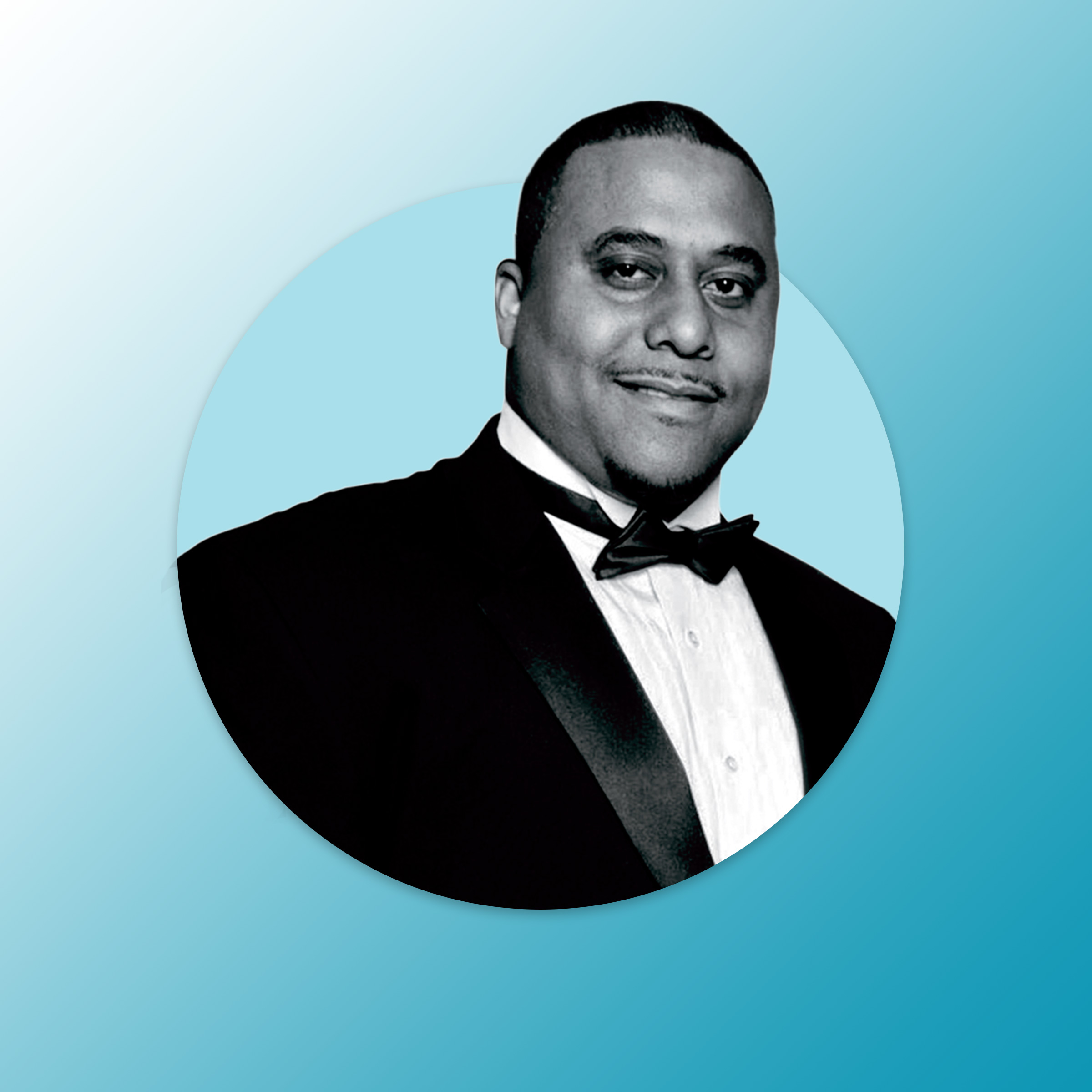
Steve Powell
Stylish support
Steve Powell provides the homeless with the rare gift of being fussed over. The idea for his mobile barber shop, dubbed Personal Enhancement Mobile, came to him after he fell asleep praying. He dreamed of people coming toward him upset and walking away happy. “We give them a haircut, clean them up really good, and we practice job interviews with them: “‘Pretend I’m the boss,’” Powell says. “So when they come in and sit beside you, you don’t know they’re homeless.” The client pool is anyone who’s struggling, and the barbers include people working off community service. A veteran, Powell steers some to military recruiters. He’s hoping to continue roaming Arkansas providing comfort, connections and confidence—even though the trailer that functions as the barber shop was just stolen, chairs and all. “The last time I saw it was Wednesday,” Powell, 41, said on March 20. “We were eight people from 10,000 heads since 2015.” —K.V.
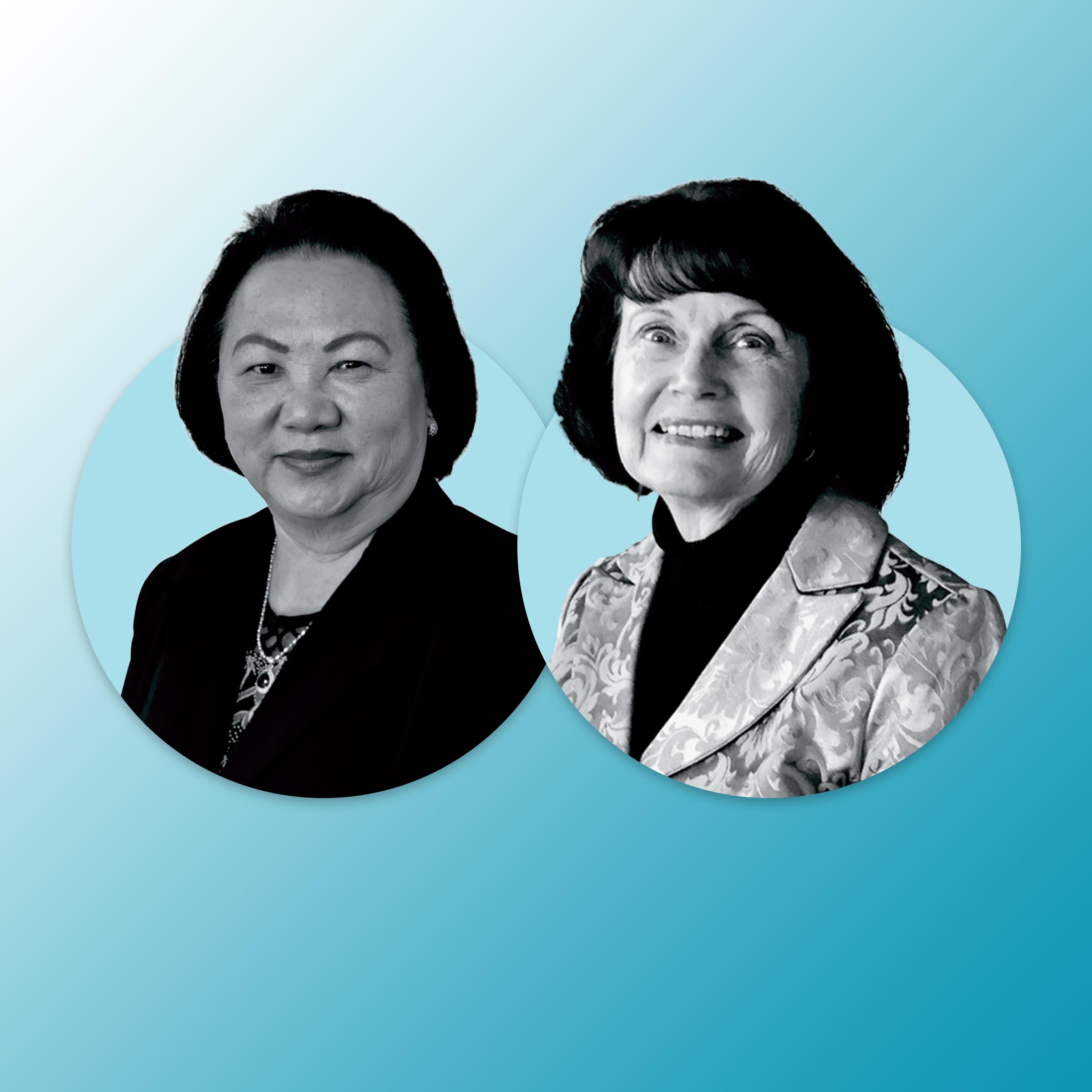
Palee Moua and Marilyn Mochel
Hope through healing
Gaps between traditional beliefs and mainstream medicine can leave people without care they need. That’s why Palee Moua, a leader in the Merced, Calif., Hmong community, and nurse Marilyn Mochel started a project that, for nearly two decades, has integrated Hmong shamans into a local hospital, Dignity Health’s Mercy Medical Center. “Before the program, there was so much fear, because nobody was allowed behind these closed doors,” Mochel says. —K.S.
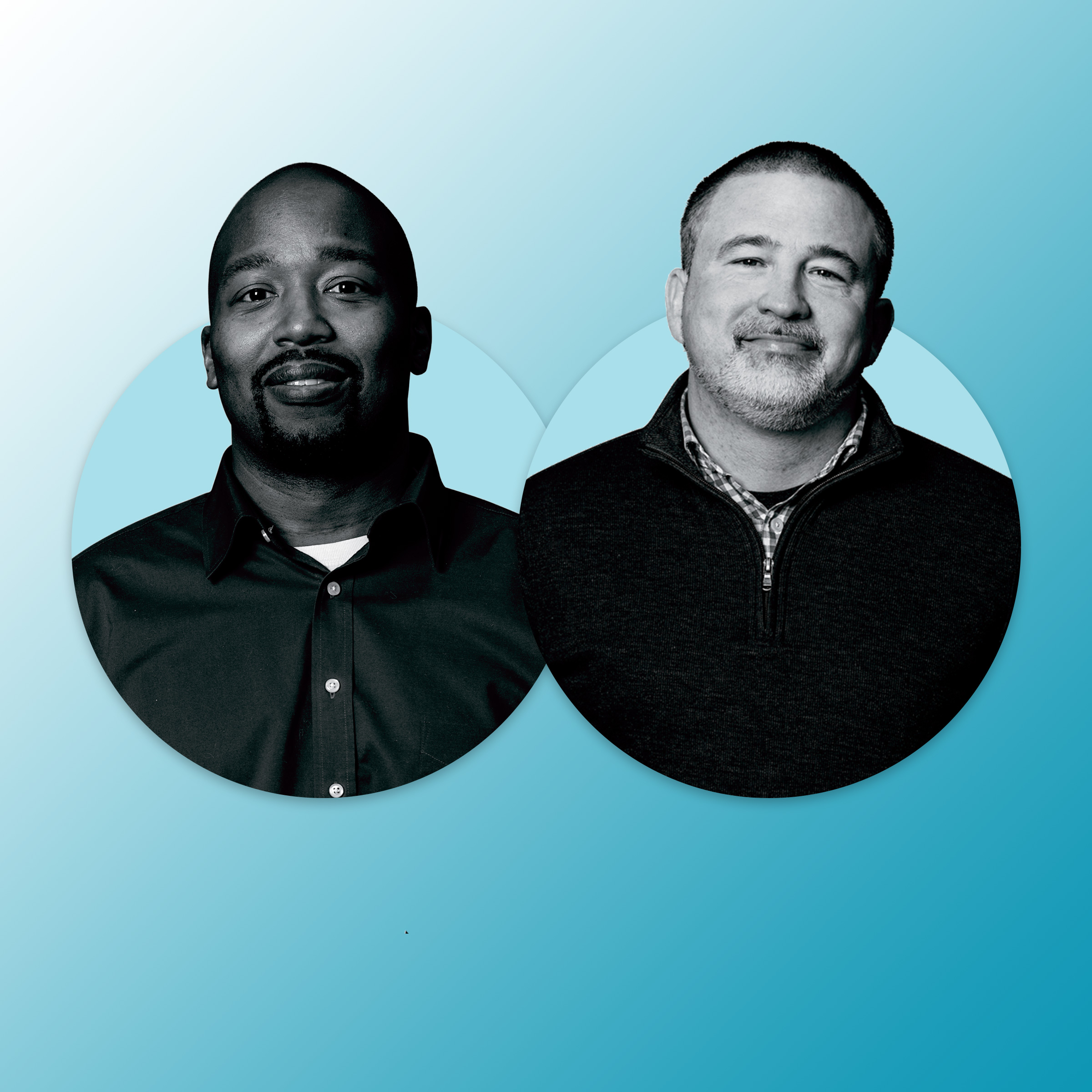
Kenny King and William Marshall
Together they pray
“Eleven o’clock on Sunday morning,” Martin Luther King Jr. said in 1968, “is the most segregated hour of America.” Even now, 80% of Protestant pastors say their church is mostly one race. So when Kenny King, 40, and William Marshall, 41, pastors in Sikeston, Mo., decided to merge congregations—one United Methodist with a largely black congregation and one Southern Baptist with white congregants—they expected some difficulties. But while the church, now called Grace Bible Fellowship, hasn’t shied away from tough conversations, they’ve been meeting for six months and they’re all still talking to one another. Their secret for getting past differences, apart from a belief in grace? “We ate a lot of barbecue,” says Marshall. “It’s hard not to love someone you’re really listening to.” —B.L.
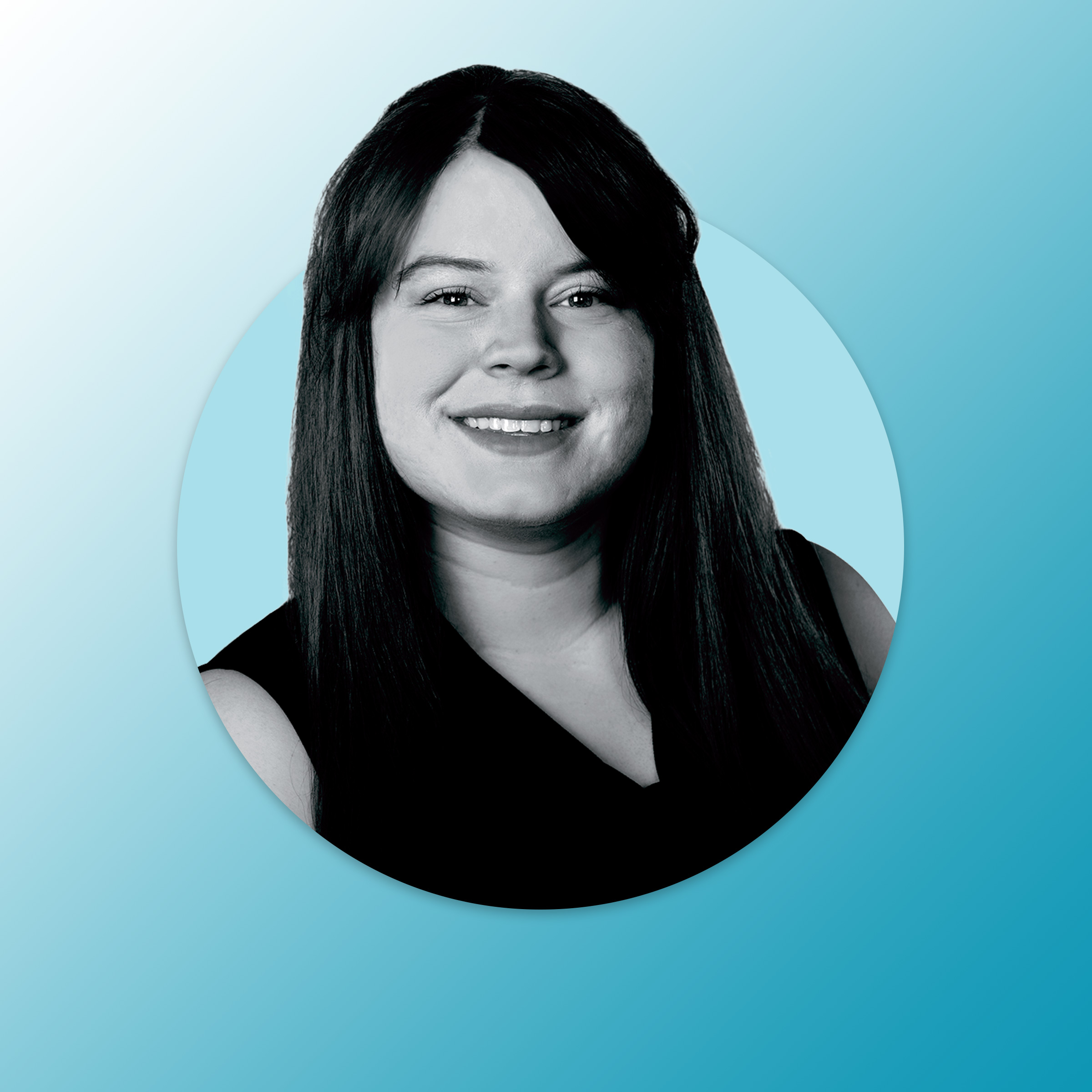
Jayde Powell
Guardian angel
Jayde Powell was heading home to Las Vegas for spring break on March 13 when her mom ended their call so that amid COVID-19 fears, she could check on their elderly neighbors. The exchange got the 20-year-old thinking. That day, she created ads for Shopping Angels, a network to link seniors and immunocompromised people to volunteers who can deliver groceries and essentials. It soon “surpassed what I ever could have imagined,” she says. Within a week, the group signed up more than 2,900 people across the U.S. who want to be volunteers. Powell, a premed student, expected to resume classes online March 23 but plans to keep the program going “as long as people are wanting to help.” —S.M.
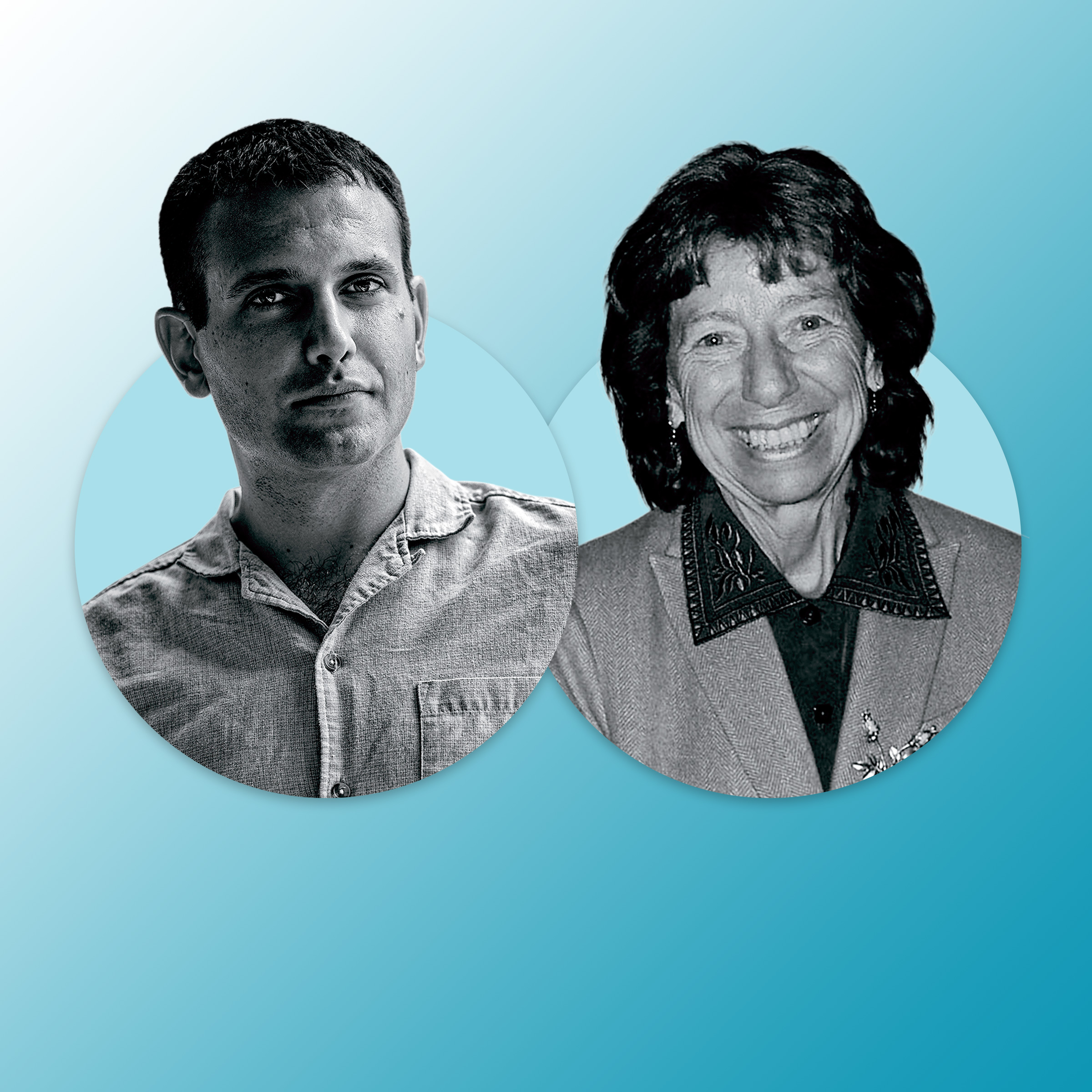
Ben Fink and Paula Green
Personal politics
The 2016 election prompted mutterings that Americans should escape their echo chambers, but few did so as purposefully as a group called Hands Across the Hills. In 2017, rural voters from Letcher County, Kentucky, in Trump territory, traveled to meet with rural voters from Leverett, Mass., part of Clinton country—not to change each other’s minds but to better understand one another’s thinking. “People are really curious,” says Ben Fink of the Letcher County Culture Hub, who helped organize the meeting. “We humanized each other,” says Paula Green, a conflict-resolution expert who was on the Massachusetts side. The summit became an annual tradition; the group plans to meet for a fourth time in 2020—after the election. —K.S.
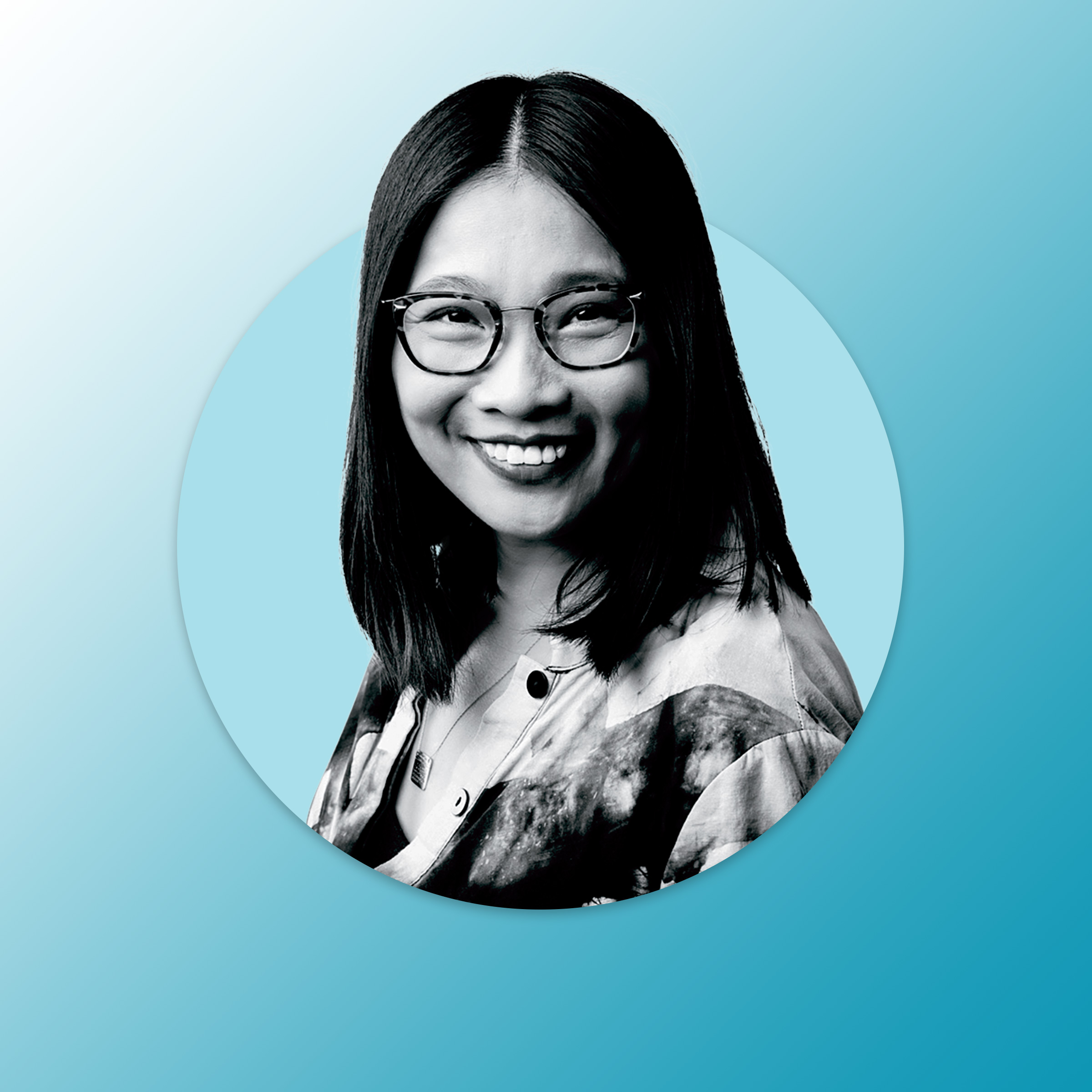
Jin-Ya Huang
Cooking up community
Jin-Ya Huang’s parents were Taiwanese immigrants who owned a Chinese restaurant, Eggroll Express, in Dallas, where her mother used the kitchen to train other immigrant women to cook. After her mother died in 2015, Huang, a photographer, wanted to honor her and to help some of the refugees whose stories she was telling in her work. The result was the catering company Break Bread Break Borders. Huang, 49, recruits women from refugee communities who love to cook. Her organization helps them get food-service licenses so they can start their own businesses, and anyone who hires the catering company can opt to hear from them about why they left their homes. “We are putting a face on food,” Huang says. —B.L.
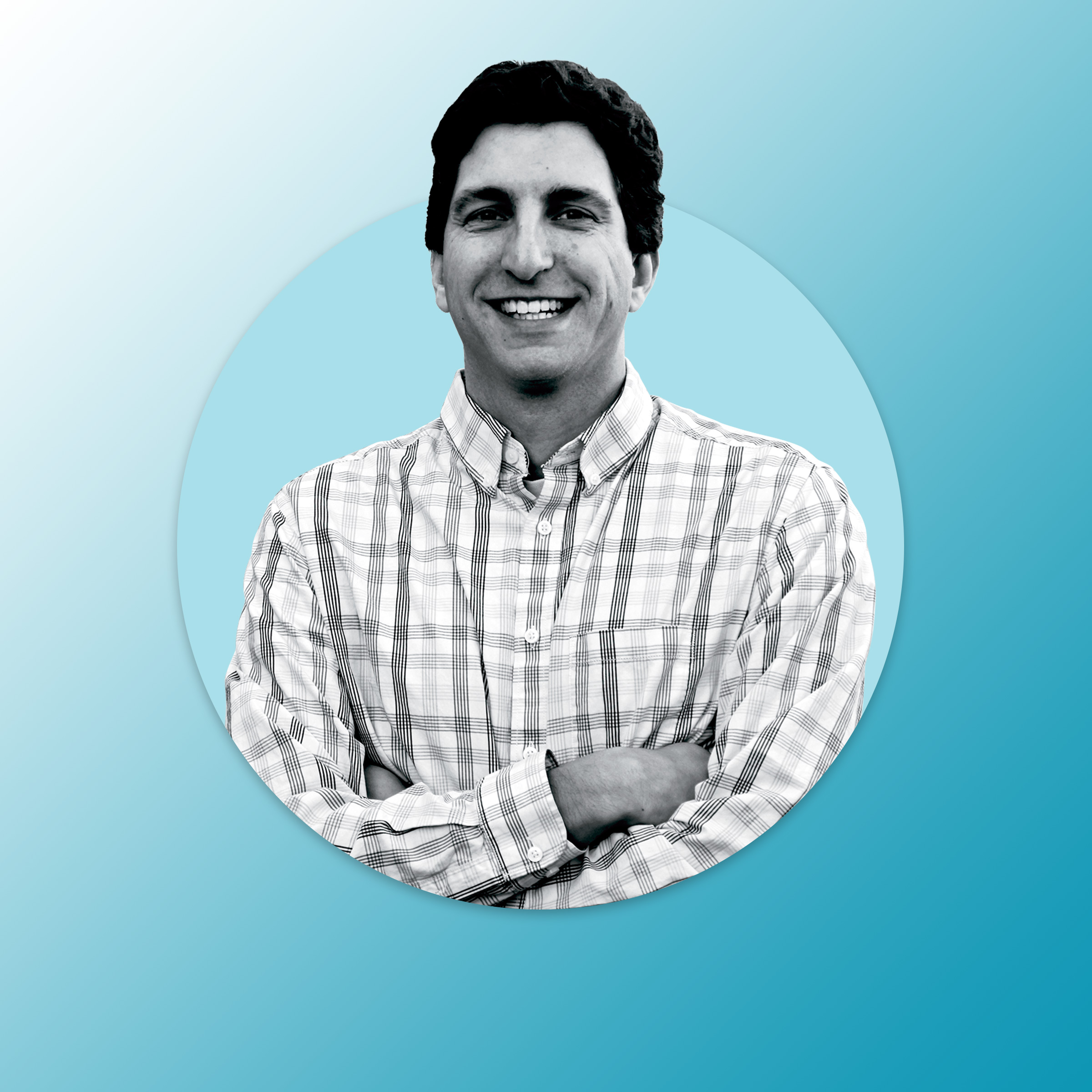
Jason Marsh
Kindness through science
What makes life meaningful? Why do people do good? The Greater Good Science Center at the University of California, Berkeley, has grappled with such questions for nearly 20 years, translating and sharing research on social-emotional well-being so that those outside academia can put it to use in their daily lives. While many cultures have wrestled with “the good life,” the center’s aim is to create a common language for discussing the answers; they also recently launched a Bridging Differences project to share science-supported techniques for facilitating dialogue across divides. By connecting people doing that research with the people who need it most, says Jason Marsh, executive director of the center and editor in chief of its magazine Greater Good, “we can do so much more good in the world.” —M.C.
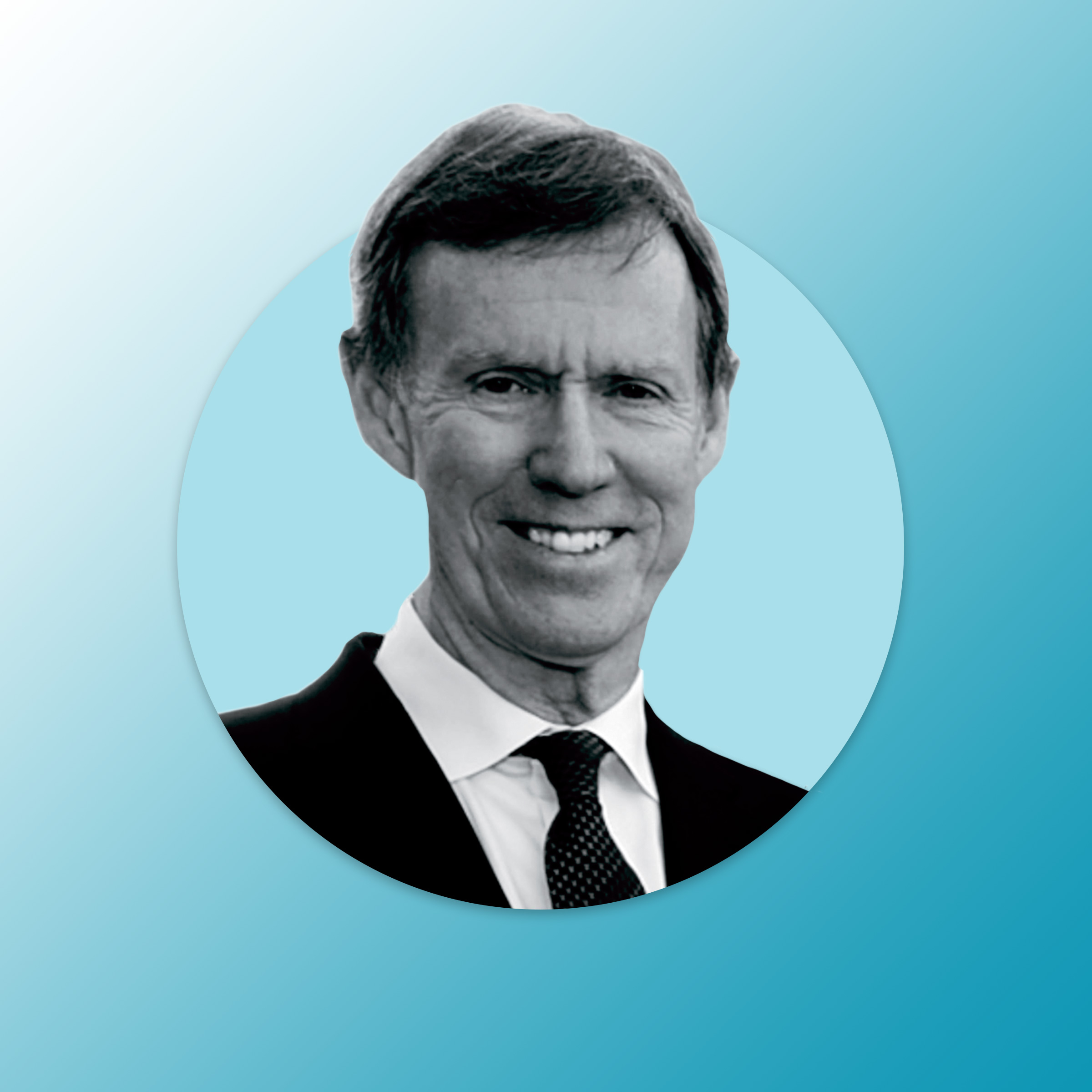
Paul Ramsey
Getting results
Watching the coronavirus crisis grow, Dr. Paul Ramsey, the CEO of UW Medicine, knew the University of Washington’s virology laboratory was scientifically ready to process COVID-19 tests. What it needed was people. So, on March 13, Ramsey emailed the UW Medicine community asking for volunteers. Qualified individuals from a variety of backgrounds dropped their research to help, and the lab is now processing COVID-19 tests 24 hours a day, seven days a week. Ramsey says UW Medicine has achieved a turnaround time of under 12 hours for results and hopes to eventually get through 10,000 tests a day. And the volunteerism isn’t limited to the lab: retirees have returned to work, and a UW database connects community members who want to be helpful. “Communities come together in times of crisis,” Ramsey says. “So I’m pleased and proud but not surprised.” —M.C.
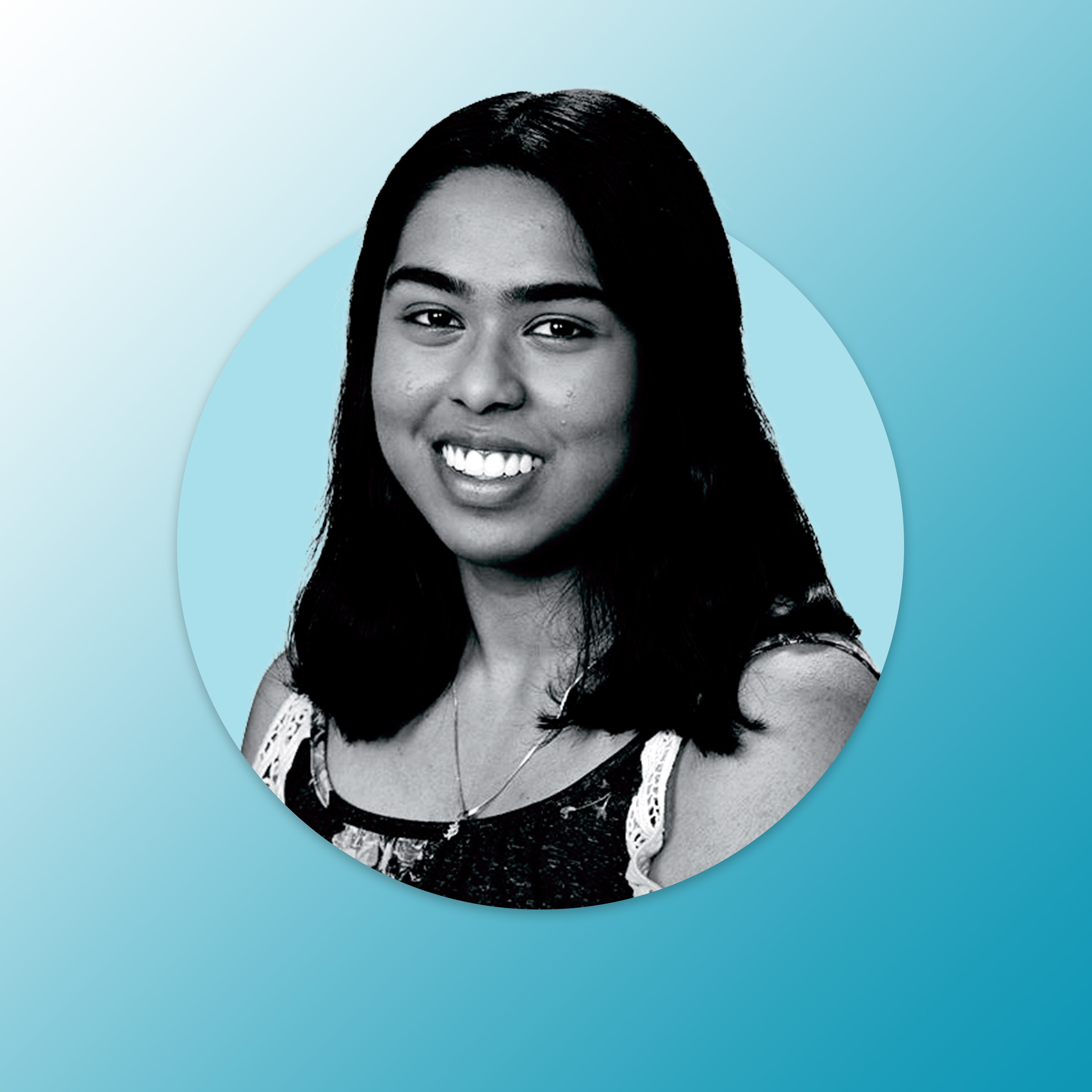
Saideepika Rayala
Spreading the news to those who need it
In 2018, a high school student named Saideepika Rayala was learning about the importance of local news when she realized her parents weren’t really consuming much of it. Her mom and dad had moved to Columbus, Ohio, from India, where they had grown up speaking Telugu, and although they would still read news from back home, in their native tongue, they didn’t engage much with papers like the Columbus Dispatch.
Rayala, who noticed the same issue among refugees while volunteering with a local resettlement agency, saw this lack of interaction as a problem with effects that rippled out into the whole city, even the country. It meant that her parents and many other immigrants in the area weren’t learning about important happenings like elections or getting to know their neighbors at community events. “There is a disconnect with immigrant communities and the local mainstream news,” the 18-year-old says, “these large gaps where people are missing out on the opportunity to be civically engaged.”
So Rayala decided to create a publication that spoke more directly to them. The Columbus Civic summarizes local and national news stories in languages like Telugu, Tamil and French and does so using journalistic styles that immigrants who speak those languages are used to. That’s important, Rayala says, because there are cultural barriers as well as linguistic ones. Her father, for example, is perfectly fluent in English; inability to understand wasn’t the reason he wasn’t reading.
The Civic, delivered monthly via email, has 300 subscribers so far, and the high school senior—who tapped her own networks to find volunteer editors and translators —hopes to expand to Somali and Nepali too. “It’s different reading news in your native language,” Rayala says. “I want to connect people to the community they’re living in.” —K.S.

Cathy Chu
Ally for allies
By the late 1990s, gay-straight alliances—school clubs for LGBTQ youth and their non-LGBTQ supporters—had become so common in the Bay Area that an organization formed to connect and support them. That nonprofit, the GSA Network, operates nationwide but still has its heart in California, home to more than 1,100 clubs. Cathy Chu, 31, is now its director of youth organizing in the state, helping students unite when they want to push for change on a citywide or even statewide level. (In the Golden State, clubs are currently pushing for LGBTQ-inclusive sex education.) Chu says showing young people how to organize is partly about helping them effect the change they want to see right now, but it’s also teaching them a lifelong skill. “They can learn how to fight for a better community, to live authentically and with pride,” Chu says, “but also start to see their individual power to shape their larger condition.” —K.S.
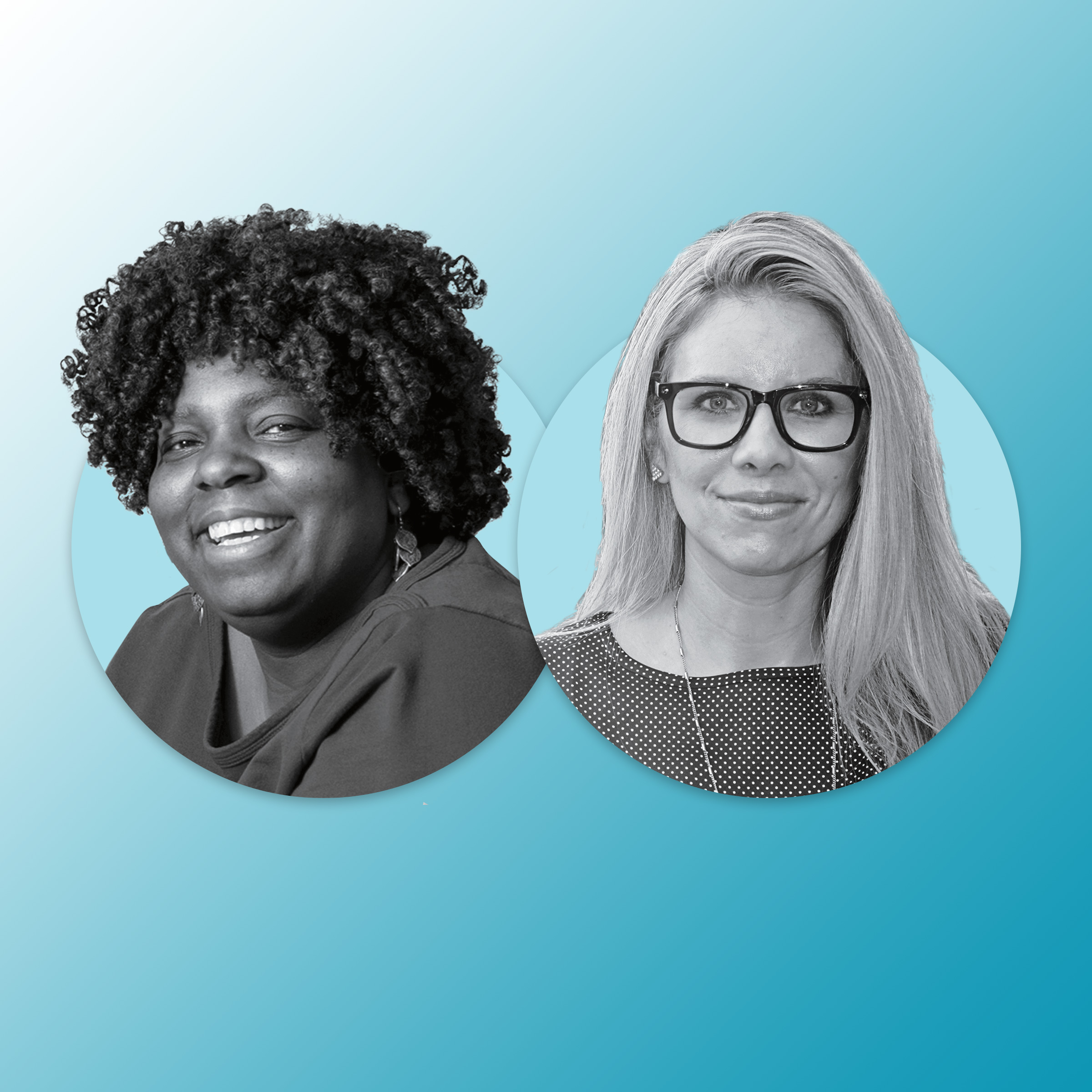
Erica Turner and Heidi Wheeler
Talking it out
Cedarburg, Wis. (pop. 11,536), is nearly 95% white. Residents Erica Turner and Heidi Wheeler bonded when Wheeler, 42, who is part of that majority, asked Turner, who isn’t, if she could profile her family for a local magazine. Their talks about the difficulties of being a black woman in their community sparked something. Speaking out was nerve-racking, Turner, 47, says, but freeing too. The article led to the formation of a discussion group that tackles race relations, formalized as Bridge the Divide in 2018. Then came a podcast and events. “You can’t talk about what’s going on over there,” Turner says, “if you haven’t gotten your own house together.” —K.S.

Toni Collier
Sharing experiences
As gathering director at Preemptive Love, a nonprofit that works to end violence and help areas affected by war, Toni Collier, 28, designs programs to help people hear each other. Since beginning her job in 2019, Collier has shepherded 16 gatherings at which people from different backgrounds come together to talk about their experiences—whether that means black mothers in Atlanta opening up about their fears while spending time with white police officers, or a white heterosexual woman learning about what life is like for a black homosexual man. “We’re inviting people to bring their own identities, biases and anger to the table,” she says. “It brings depth to the playing field because people realize what others deal with.” —Mahita Gajanan
Correction, March 27
The original version of this list mischaracterized the typical process by which Tara Houska works with banks and oil companies. She is involved in outreach; they do not typically contact her.
- Cybersecurity Experts Are Sounding the Alarm on DOGE
- Meet the 2025 Women of the Year
- The Harsh Truth About Disability Inclusion
- Why Do More Young Adults Have Cancer?
- Colman Domingo Leads With Radical Love
- How to Get Better at Doing Things Alone
- Michelle Zauner Stares Down the Darkness

